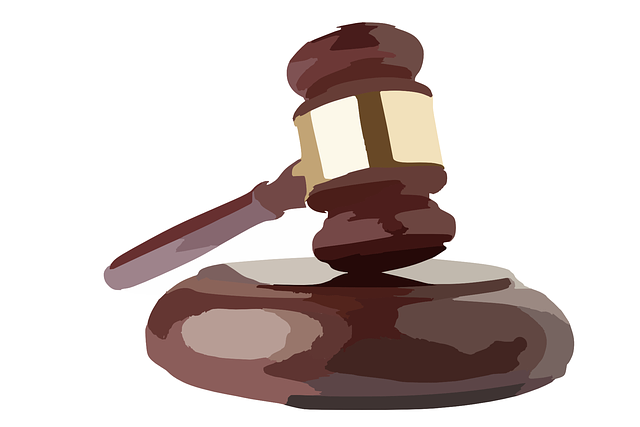Contempt challenges arise from willful non-compliance with court-ordered legal judgments, such as ignoring payment plans or restrictions. To navigate these challenges effectively, understanding the root cause is crucial—whether financial difficulties require plan adjustments or intentional disregard warrants stricter consequences. A strategic legal approach centers on compliance with legal judgments: gathering evidence, consulting specialists, drafting detailed responses, and preparing for hearings. Maintaining open communication, regularly reviewing judgments, seeking clarification when needed, and keeping accurate records updated promotes accountability and cooperation, ultimately fostering positive resolution of contempt issues.
Navigating contempt challenges can be a complex and delicate matter, often requiring expert guidance. This article offers invaluable insights into understanding and addressing these legal hurdles, specifically focusing on contempt of court issues and solutions. We explore when and why such challenges arise, providing a comprehensive step-by-step guide to countering them effectively. Furthermore, we delve into maintaining compliance with legal judgments, emphasizing the importance of adherence for all parties involved, ensuring a fair and just legal landscape.
- Understanding Contempt Challenges: When and Why They Arise
- Legal Strategies to Combat Contempt: A Step-by-Step Guide
- Maintaining Compliance: Ensuring Legal Judgments are Honored
Understanding Contempt Challenges: When and Why They Arise

Contempt challenges arise when there’s a willful failure to comply with legal judgments, such as failing to pay alimony, child support, or adhere to court-ordered restrictions. These situations often occur due to a variety of reasons—disagreements over judgment terms, financial difficulties, or intentional disregard for the law. Understanding the root cause is crucial before suggesting solutions, as it determines the approach to resolving the contempt.
For instance, if non-compliance stems from financial constraints, a court might offer alternatives like adjusting payment plans or waiving penalties. Conversely, willful disobedience usually necessitates stricter consequences, such as fines, imprisonment, or further legal sanctions, emphasizing the importance of adhering to legal judgments for all parties involved.
Legal Strategies to Combat Contempt: A Step-by-Step Guide

When facing a contempt challenge, navigating the legal system requires a strategic approach. The first step is to comprehend the nature of the accusation. Contempt can arise from various actions, including willful failure to comply with a court order or obstructing justice. Once understood, gather evidence and legal documents related to the case, ensuring compliance with legal judgments is evident.
Next, consult with a legal professional who specializes in contempt of court cases. They will guide you through a step-by-step process: assess the specific laws and rules applicable to your situation; draft detailed responses or explanations for any allegations; and prepare for potential hearings by gathering supporting affidavits and witness statements. This structured approach can significantly enhance your chances of successfully defending against the contempt charges, ensuring compliance with legal judgments remains paramount.
Maintaining Compliance: Ensuring Legal Judgments are Honored

Maintaining compliance with legal judgments is paramount in any contempt challenge. It involves a deliberate and consistent effort to respect and adhere to the terms set forth by a court of law. This includes timely payment of fines, adhering to specific restrictions or orders, and fulfilling obligations as directed. Non-compliance not only undermines the authority of the judiciary but can also lead to further legal consequences for the party involved.
Ensuring compliance requires open communication with legal representatives and a commitment to understanding and fulfilling one’s responsibilities. Regularly reviewing the judgment and seeking clarification when needed are effective strategies. It’s crucial to maintain accurate records and stay updated on any changes or modifications to the original order, fostering a culture of accountability and cooperation in the process of resolving contempt challenges.






